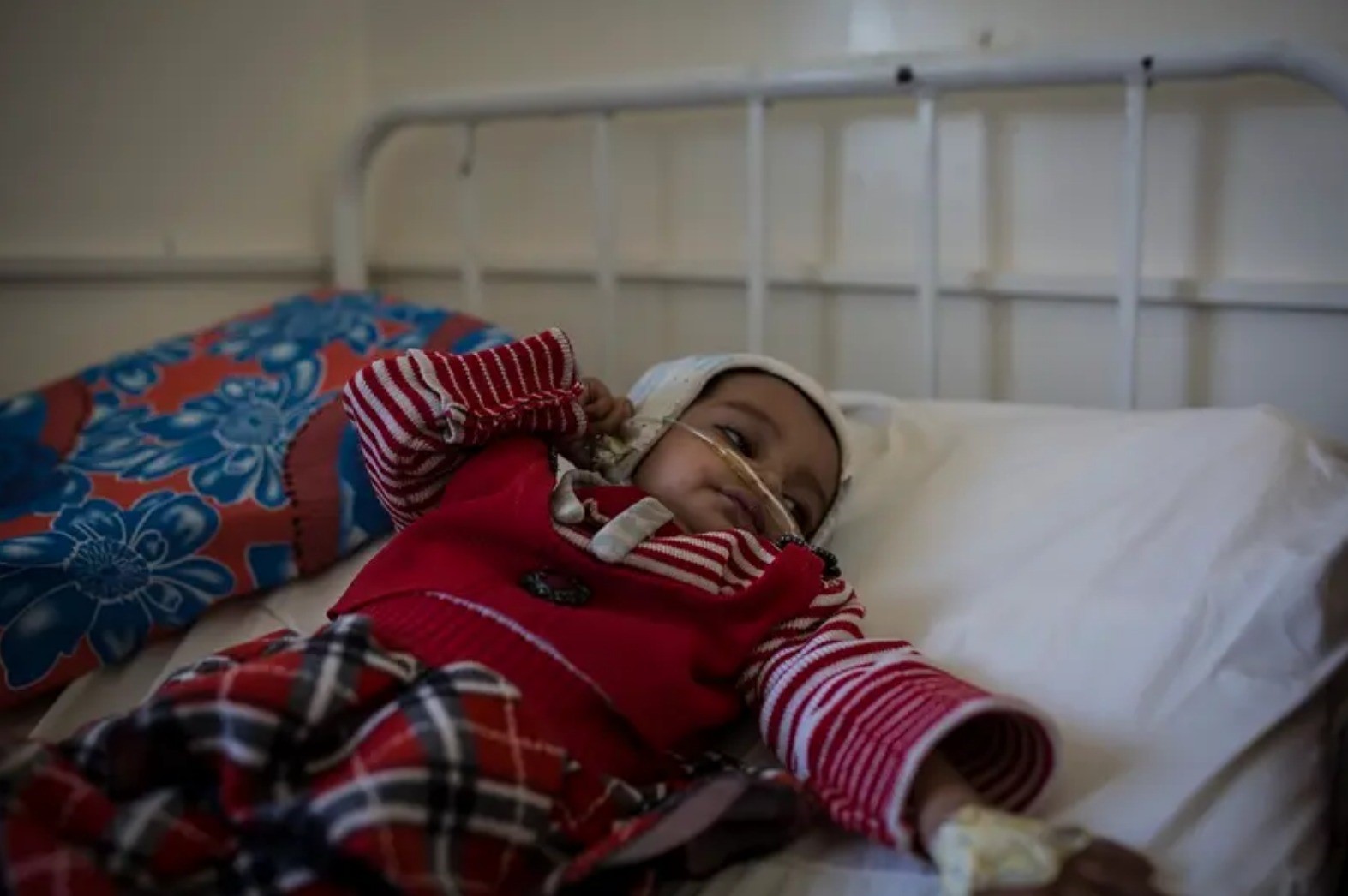
The World Health Organization (WHO) has issued a warning that Yemen’s health system is on the brink of collapse due to severe overburdening. Dr. Annette Heinzelmann, the WHO’s leading official for emergency operations in Yemen, emphasized that the country’s health system is fragile, and it is edging closer to collapse, while international donor funding is insufficient to avert further deterioration of the country’s failing health services. According to Dr. Heinzelmann, around 12.9 million Yemenis have urgent humanitarian healthcare needs, with 540,000 children under five suffering from severe acute malnutrition, with a direct risk of death.
She further mentioned that 46% of health facilities across the country are partially functioning or completely out of service, due to shortages of staff, funds, electricity, or medicines. The Yemen humanitarian “Health Cluster,” made up of 46 UN and non-governmental organizations, has received only 62 million out of the $392 million needed to reach the 12.9 million most-vulnerable people.
The Yemen health system has been severely affected by the intense fighting between a Saudi-backed coalition standing alongside Government forces and Houthi rebels and their allies since 2015, which has led to the near total collapse of the economy. Currently, 21.6 million Yemenis require humanitarian assistance and protection this year, according to the UN.
Dr. Heinzelmann also warned that disease outbreaks are accelerating Yemen’s deepening health crisis, including measles, diphtheria, dengue, cholera, and polio. Mass-displacements, overburdened health facilities, disruptions of water and sanitation networks, and low immunization coverage are triggering and spreading these disease outbreaks. In the first quarter of 2023, more than 13,000 new cases of measles, 8,777 cases of dengue fever, and 2,080 suspected cholera cases were reported, and the actual numbers are likely much higher.
Supported by international donors, WHO managed to sustain an integrated response to Yemen’s health crisis in ten priority areas, including coordinating the national Health Cluster, keeping therapeutic feeding centers operational, strengthening disease surveillance, responding to all infectious disease outbreaks, supporting health care facilities and services, controlling vector-borne, water-borne, and neglected tropical diseases, fighting chronic diseases, maintaining water, sanitation and hygiene services in health facilities to strengthen infection prevention and control measures, supporting and improving maternal and newborn healthcare, and meeting neglected mental health needs. However, WHO and health partners in Yemen are beginning to see the dire consequences of severely underfunded efforts to mitigate Yemen’s health crisis.
Dr. Heinzelmann pointed out the expected suspension of support by the Yemen Health Cluster to 23 out of 43 health facilities in the Marib district, which is host to Yemen’s largest population of internally displaced persons. This suspension will stop healthcare services for about 2.8 million most vulnerable people in the area. She also mentioned that WHO has almost no funds available to prepare for Yemen’s annual flood season, which will bring a predictably major upsurge in vector-borne and water-borne disease outbreaks.
Dr. Heinzelmann emphasized the consequences of Yemen becoming a forgotten humanitarian crisis, saying that more than two of every three Yemenis are dependent on food, medical, and other humanitarian assistance. The international community must scale up support to Yemen to avert untold human suffering and deaths in the coming months.

